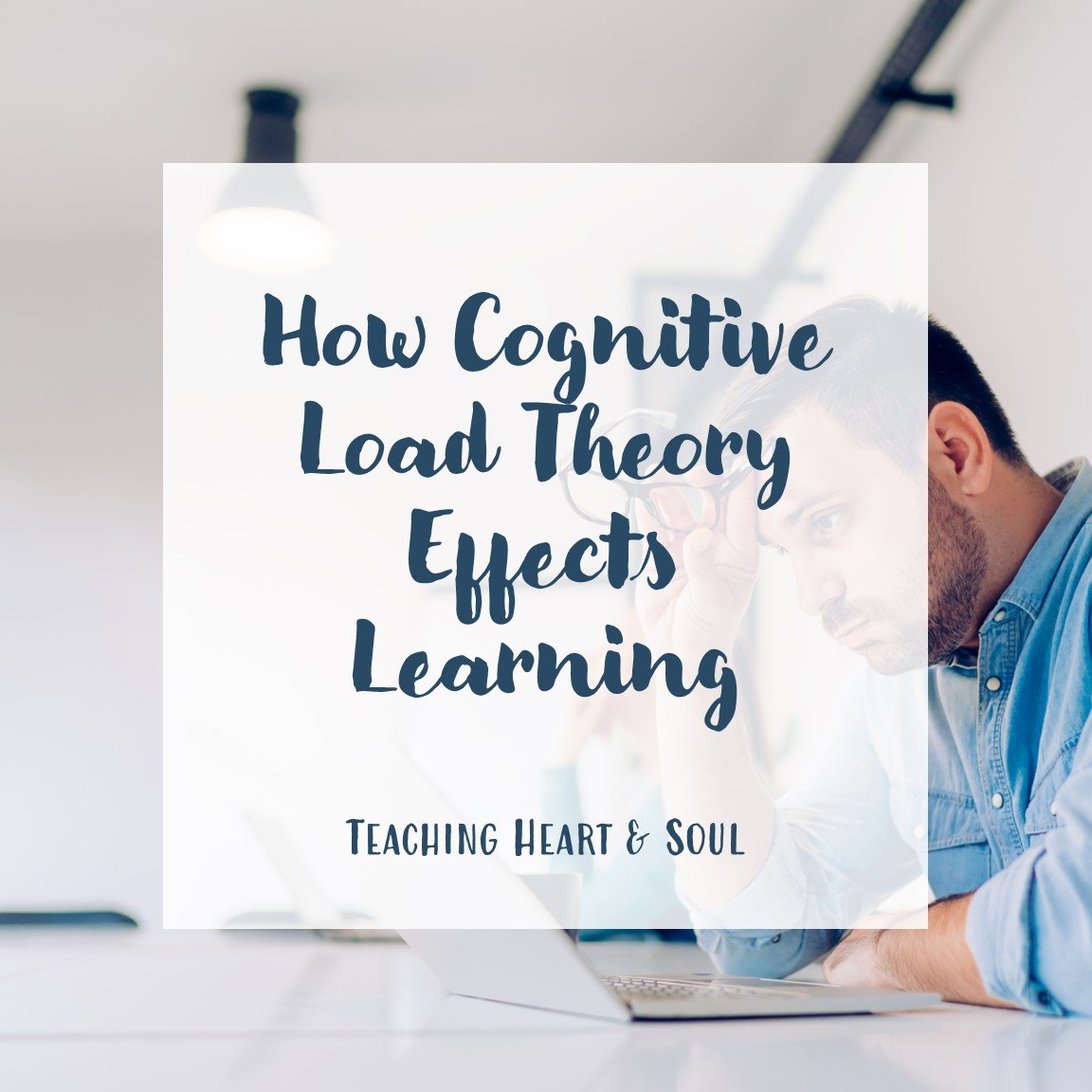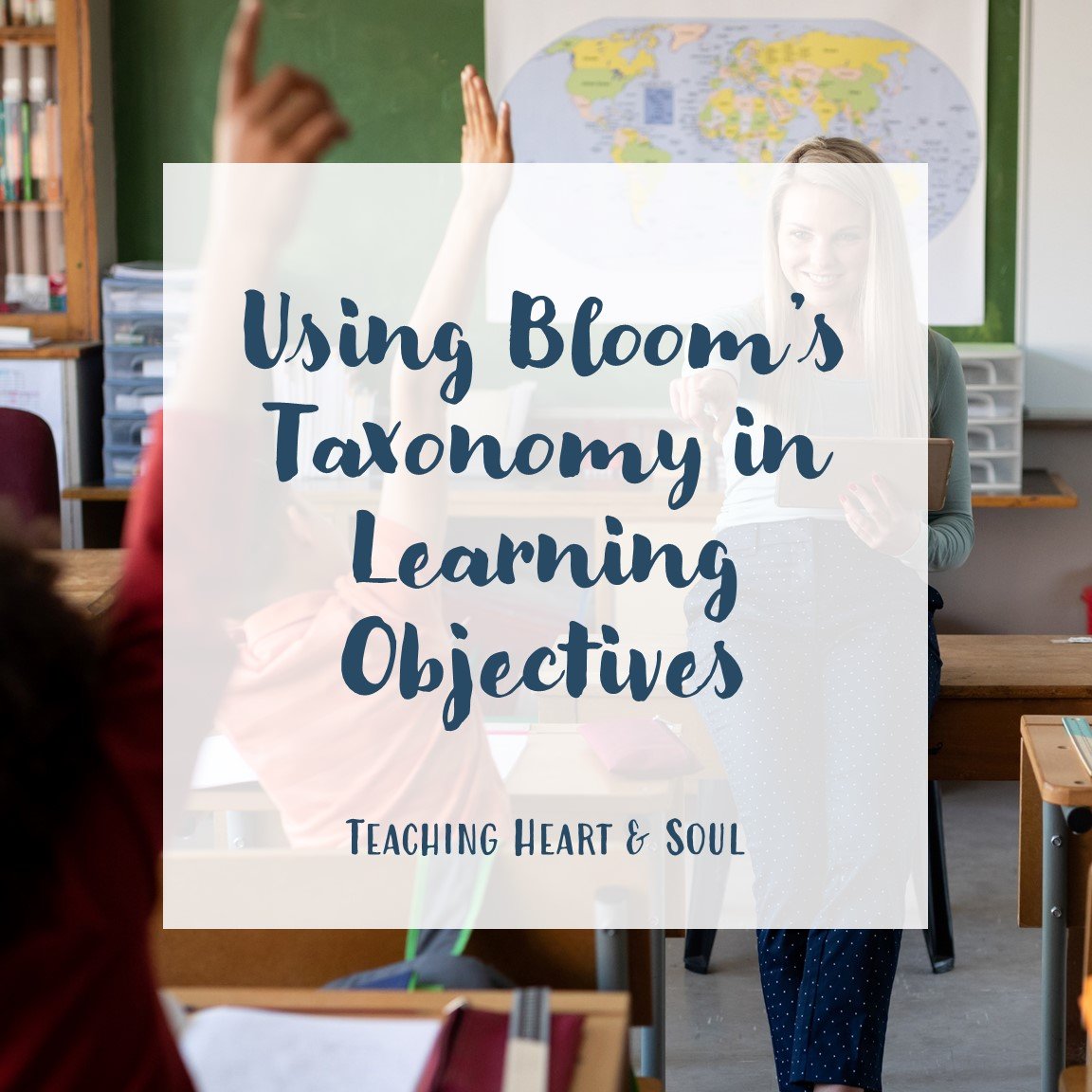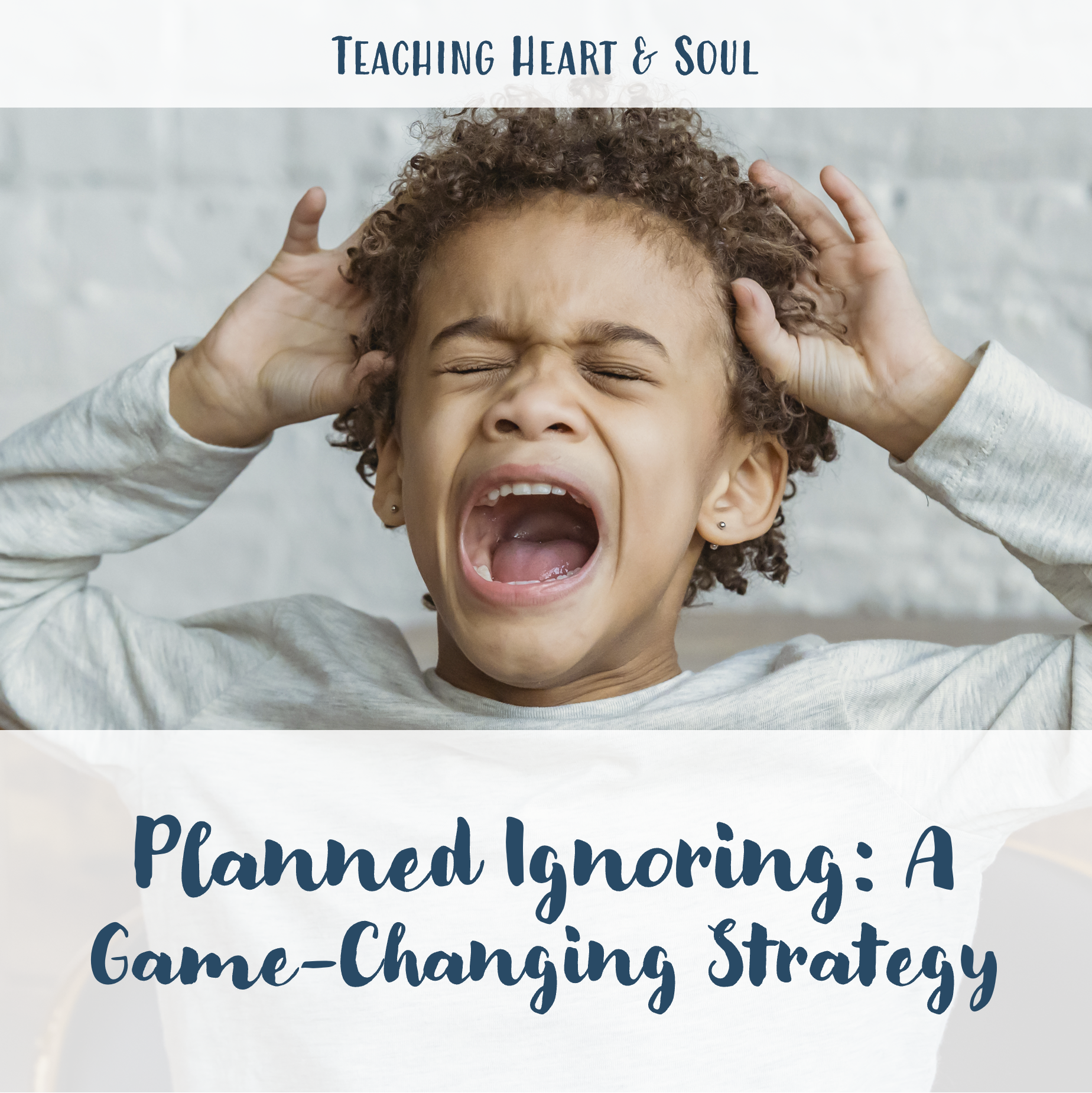
I’m glad you’re here!
Take a scroll through recent posts or use the search bar to find what you’re looking for.
Recent Blog Posts

How Cognitive Load Theory Effects Learning
Cognitive load theory provides a framework for understanding how individuals process and retain information.
Instructional designers play a crucial role in optimizing learning experiences by minimizing extraneous load, aiding in managing intrinsic load, and fostering germane load through effective instructional strategies.
By aligning instructional methods with cognitive load principles, educators can enhance learning outcomes and facilitate the transfer of knowledge from working memory to long-term memory, ultimately supporting lasting retention and application of learned concepts.

Using Bloom's Taxonomy in Learning Objectives
Educational objectives according to Bloom's taxonomy describes the cognitive processes and cognitive tasks that show students lower level skills grow into higher order thinking.
The measurable verbs attached to the major categories of the taxonomy of educational objectives help teachers create learning objectives that are specific to the learning outcomes and cognitive skills of each level.







Planned Ignoring: An Intervention Strategy for Inappropriate Behavior
Planned ignoring is a great strategy to use with students who exhibit attention-seeking behavior, especially temper tantrums or similar problem behavior.
If a student is misbehaving to get your attention and they’re safe, planned ignoring can be the best way to respond to that child.
This attention-seeking behavior is designed to get attention, even negative attention will do. The best way to end this behavior completely might be to ignore it.
I’ve had great success with planned ignoring with temper tantrums in a first-grade class, but it can be used with tattling and goofing off too, depending on the situation.










How to Write a SMART Goal
This blog includes teacher SMART goals examples as well as a description of each SMART goal characteristic - specific, measurable, achievable, relevant, time-bound. Read about when to create a SMART goal, how to create a SMART goal for elementary students, and why SMART goals work well!

Pursue Professional Growth, Not Competition
Professional development can seem unnecessary. Perhaps there are no new skills you want to learn, you feel your previous professional growth is sufficient, or the professional development courses seem unhelpful.
However, professional growth, learning leadership skills, and having career goals can all set you up for a successful career through self-improvement.
Professional growth is an ongoing process, and success is measured as you see self-improvement, not when you feel you are doing better than your peers.
